Although modern medicine has created a number of powerful and effective drugs for the treatment of pancreatitis, without diet, such treatments are less effective. Moreover, with mild or moderate pancreatitis, treatment may consist of a dietary correction.
Unfortunately, many patients follow the diet only while in the hospital, while after discharge they stop it and, referring to his recovery, eat forbidden foods. As a result, this causes recurrent inflammation, which is much more difficult to treat than the main one.
The importance of proper nutrition in pancreatitis
Acute and chronic pancreatitis are treated primarily with medications, and in some cases, surgical assistance is required. However, drug therapy or surgical treatment is completely ineffective without correction of the patient’s diet.
Diet is prescribed, without exception, to every patient with pancreatitis, regardless of the severity of the disease. Non -compliance causes a second attack of the disease, which the patient will tolerate much worse than the first.

Diet allows you to reduce the load not only on the pancreas, but also on the entire gastrointestinal tract system as a whole. In addition, the selection of foods in the diet aims to provide the patient's body all the necessary ingredients for the regeneration of damaged organs.
In many patients, the disease in the acute period causes serious damage to the pancreas until the patient’s diet is prescribed for life. Patients who ignore a doctor’s prescription regarding diet in such circumstances may remain disabled, or even die.
The following simple conclusion: diet for pancreatitis (acute and chronic) is not only recommended, but necessary.
Who Sets the Diet?
Only a doctor can prescribe a specific diet and recipe for pancreatitis. At the same time, in this case, doctors of several specializations are appropriate: therapists, endocrinologists, gastroenterologists and, in some cases, infectious disease specialists.
Self -dieting is dangerous for health (possible disability) and for life. It is very dangerous to prescribe a diet for pancreatitis without consulting a doctor for children and pregnant women.
Dietary features for acute pancreatitis
The hallmark of the diet for acute pancreatitis can be referred to as a reference point in the direction of fasting. That is, in acute pancreatitis, the diet should contain the most gentle foods for the gastrointestinal tract in general and the pancreas in particular.
Moreover, doctors prescribe to minimize the amount of food eaten in the first week of the disease, and in the first 2-4 days of the disease, complete starvation can be prescribed at all (you can only drink).
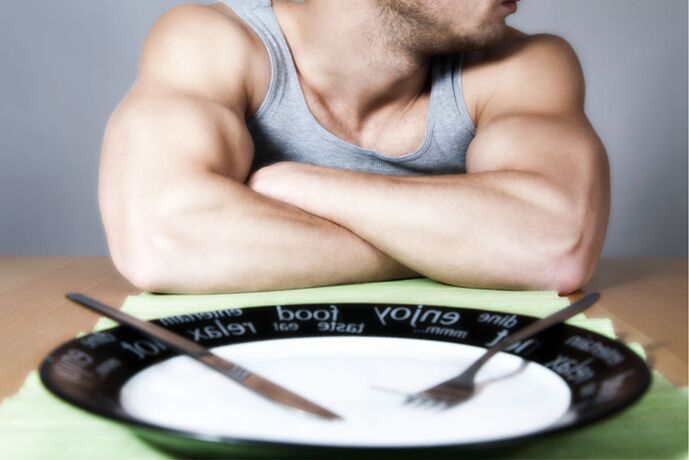
The goal of this fairly strict diet is simple - to reduce the pressure on the pancreas significantly. If there is no diet in the acute phase of pancreatitis, treatment may be completely useless.
Dietary features for chronic pancreatitis
The peculiarity of nutrition in chronic pancreatitis is that the patient should limit the consumption of fatty, fried, spicy and smoked foods throughout his life.
In this case, the patient is sometimes allowed to eat such food, but in small amounts. Alcohol is completely contraindicated, but most patients ignore this prescription, so doctors only insist that patients drink it as little as possible and in small amounts.
Dietary features with increased pancreatitis
With the increase of pancreatitis, a very strict diet is introduced, in which in the first days of the disease it is recommended to refuse eating completely. Further, for a week, can only use low -fat broth, cereals (usually buckwheat) and mashed potatoes.
Once the exacerbation subsides, the patient should switch to a standard diet smoothly for chronic pancreatitis. Moreover, all changes in diet during the escalation of pancreatitis should be made exclusively in consultation with a physician. Self -administration of dietary therapy is dangerous not only for health, but also for life.
What is not allowed with pancreatitis?
With pancreatitis of any type, there is a fairly large list of products that are strictly prohibited from use (both until the end of treatment, and, more rarely, for life).
The list of foods prohibited for pancreatitis is as follows:
- Fatty meats, fried meats (cuts of meat are also available here), canned foods, sausages, smoked products, stews.
- Fatty fish, smoked and salted fish, canned fish and any caviar.
- Types of fatty cottage cheese, curd (glazed curd is very dangerous), spicy and smoked cheese.
- Scrambled eggs or boiled eggs.
- Carrots, garlic, onions, carrots, peppers, radishes.
- Peanuts, peas, mushrooms.
- Raw and not tangled fruit, sour and overly sweet fruit (e. g. oranges, figs, grapes).
- Breads, cakes, and other sweet and / or fatty (because of cream) confectionery products.
- Chocolate, ice cream, nuts.
What can and is useful to eat with pancreatitis?
With pancreatitis, the following foods are allowed:
- soups from cereals and vegetables;
- boiled meat from beef, fish, chicken;
- chicken omelet;
- a small amount of honey;
- various grains;
- grilled or boiled vegetables;
- mashed potatoes;
- carrot.
What can and cannot be drunk?
Do not use the following drinks:
- any alcoholic beverages;
- sweet and carbonated beverages (including store -bought juices);
- cocoa;
- coffee drinks.
The following drinks are allowed:
- kefir;
- weak black and green tea;
- rosehip decoctions;
- compote;
- curdled milk.
Alcohol
Alcohol with pancreatitis is contraindicated in any form of the disease. Alcoholic beverages have an adverse effect not only on the pancreas, but also on the organs near the abdominal cavity, which in most cases are also indirectly affected by pancreatitis.
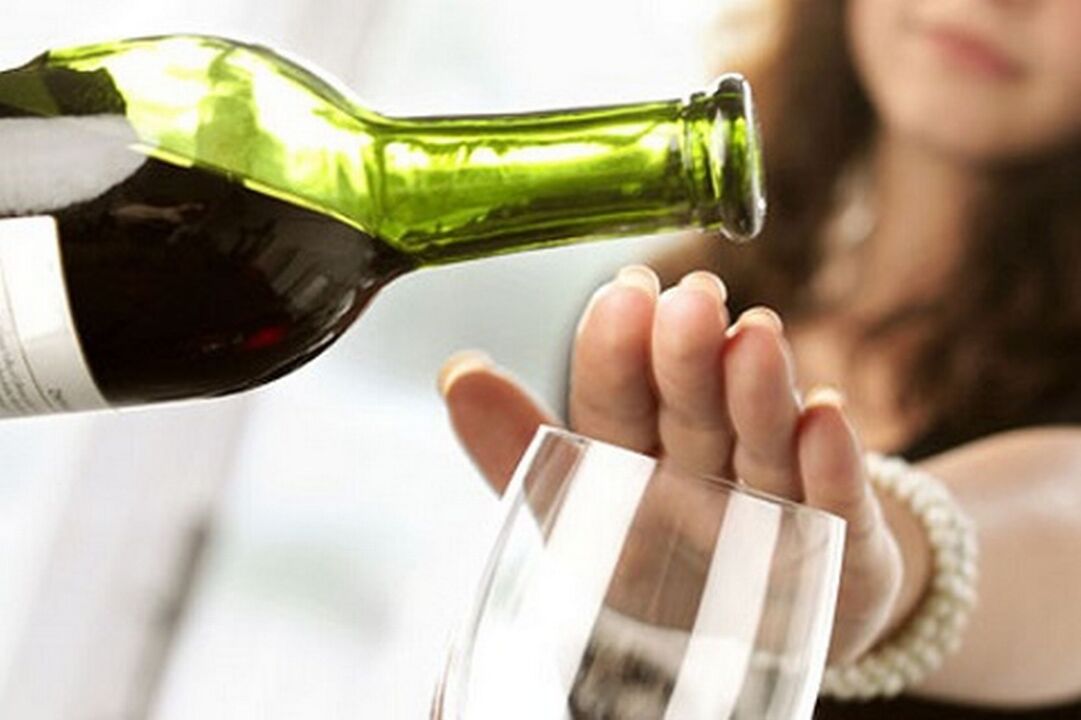
Alcohol consumption with a background of chronic pancreatitis increases the severity of its symptoms and leads to the development of the disease. Alcohol intake in acute pancreatitis significantly reduces the effectiveness of treatment and increases the risk of death due to pancreatic necrosis.
Sweet and dear
Honey and sweets (excluding chocolate) are only allowed for chronic pancreatitis. In the acute form of the disease or an increase in chronic pancreatitis, sweets, including honey, should be excluded.
In addition, with chronic pancreatitis, sweets can be eaten only in limited amounts, as often as possible. The fact is that if the pancreas is damaged against the background of chronic pancreatitis, the consumption of sweets is a very high risk of diabetes mellitus.
Dairy product
Although whole milk can be drunk, it is not recommended, as it often causes diarrhea and bloating. It is best to drink low -fat kefir, baked milk and fermented yogurt, no more than one glass a day.
Also, from dairy products with pancreatitis, cottage cheese (up to 9% fat) and cheese (light varieties, such as mozzarella, Adyghe and feta cheese) are allowed. Sour cream can be eaten only one tablespoon a day, but only as an addition to soups.
Porridge
With this disease, only certain types of cereals are allowed (buckwheat, semolina, rice and oatmeal). Moreover, porridge can only be cooked in water or milk, with a ratio of 1 to 1.
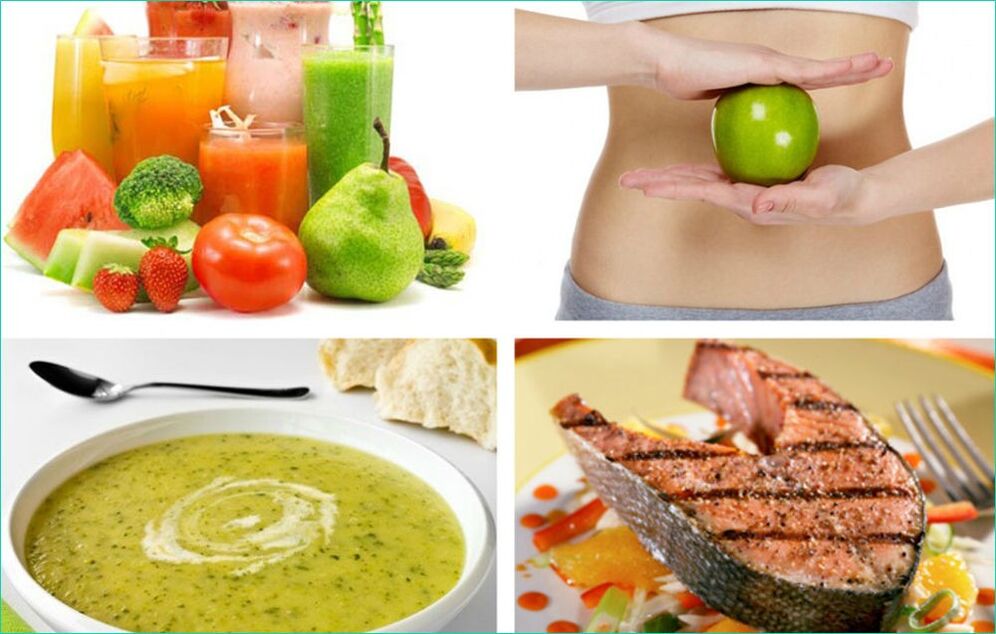
In the form of chronic diseases, corn porridge or barley can be eaten once a week. But pearl barley and millet porridge are prohibited for any form of pancreatitis.
Oil
With pancreatitis, it is permissible to add a little butter to the plate. Vegetable oil and olive oil can also be added in small amounts to the dish, but only for chronic forms of the disease.
Sea buckthorn oil is strictly prohibited for pancreatitis because of stomach irritation and poses a serious burden on the pancreas.
Toasters, biscuits
Even with acute pancreatitis, after a few days of hunger strike, some types of pastries and cookies are allowed. Namely:
- white or slightly dry bread;
- uncooked and sugar -free cookies;
- biscuit biscuits.
Baked goods and other breads are prohibited or discouraged. Fresh baked foods are very dangerous, which can exacerbate acute pancreatitis or give rise to chronic pancreatitis.
Vegetables
It is permissible to eat vegetables only in boiled or baked form, but it is better to use them in cleaned form (mashed potatoes, casserole, soup).

The following vegetables are allowed to be eaten:
- potatoes;
- carrot;
- bit;
- pumpkin;
- cauliflower;
- Green bean;
- zucchini.
In limited quantities and only in cases of chronic pancreatitis, external exacerbations, it is allowed to use white cabbage and tomatoes, but only in boiled form.
Fruits
With pancreatitis, allowed to eat baked fruit or in the form of compote and jelly. Fruit puree is also allowed. In limited quantities, you can eat watermelon or watermelon.
Sour fruits (citrus fruits) are completely contraindicated, including juices made from them. It is also important to consider that it is forbidden to use raw fruits for acute pancreatitis or exacerbation of chronic pancreatitis.
Dried fruit
In acute pancreatitis, dried fruits are strictly prohibited, while in the chronic form of the disease, they can be eaten only in the form of compote.
The fact is that dried fruit contains no less fiber than fresh fruit. Fiber is contraindicated in pancreatitis.
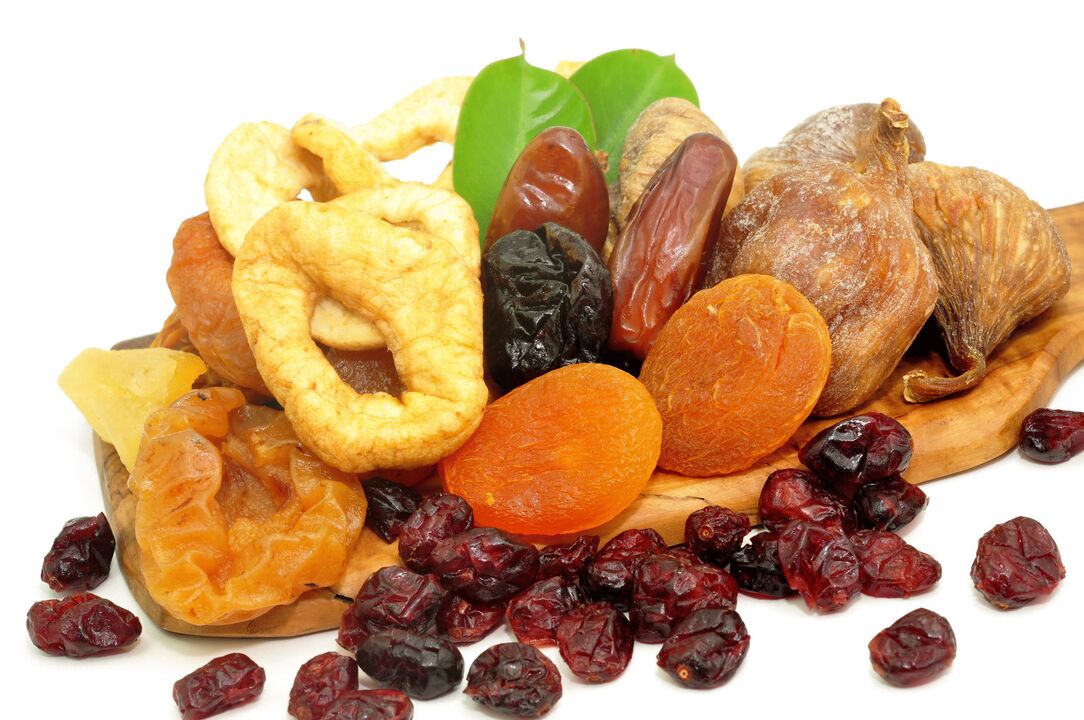
It should also be noted that, although dried fruits are allowed in small amounts in the form of chronic diseases, there are dried fruits that are not edible at all (figs, dates, raisins, dried apricots).
Peanuts
Peanuts are a relatively fatty product, which directly opposes its use for pancreatitis. They can be eaten only in the form of chronic diseases and only in small amounts. But here too there are some nuances.
Therefore, doctors prohibit the use of nuts for one year after acute pancreatitis or within a year after experiencing an increase in chronic pancreatitis.
Sample menu for a week with pancreatitis
Important to consider: no more than 200 grams of white bread and no more than 30 grams of sugar are allowed per day. You only need to eat in fractions, 6-8 times a day in small portions. It is best not to skip meals.
An example menu for pancreatitis for a week is given below.
Monday
- not more than 200 grams of mashed potatoes with 90-100 grams of meatballs, tea;
- not more than 100 grams of cottage cheese;
- carrot soup (not more than 250 grams), one toast, compote;
- 100 grams of steamed omelet (only from protein! );
- a glass of yogurt.
Tuesday
- 150 grams of boiled fish and 150 grams of carrot puree, tea;
- not more than 100 grams of cottage cheese;
- 100 grams of steamed omelet;
- kefir.
Wednesday
- boiled fish with noodles (no more than 150 grams and only baked in the oven), 150 grams of puree;
- 100 grams of cottage cheese;
- soufflé from cottage cheese with tea (not more than 150 grams);
- a glass of yogurt.
Thursday
- 200 grams of mashed potatoes with the addition of steamed meatballs (not more than 10 grams), tea with milk;
- semolina milk soup (not more than 250 grams), fruit jelly;
- protein omelet (not more than 100 grams);
- curdled milk.
Friday
- apple and carrot pudding (not more than 200 grams);
- 250 grams of vegetable soup with compote;
- protein omelet (not more than 100 grams);
- curdled milk.
Saturday
- meatballs (not more than 100 grams) with mashed potatoes (not more than 150 grams), tea;
- protein omelet;
- grated oat soup (not more than 250 grams) with carrot puree (200 grams);
- curdled milk.
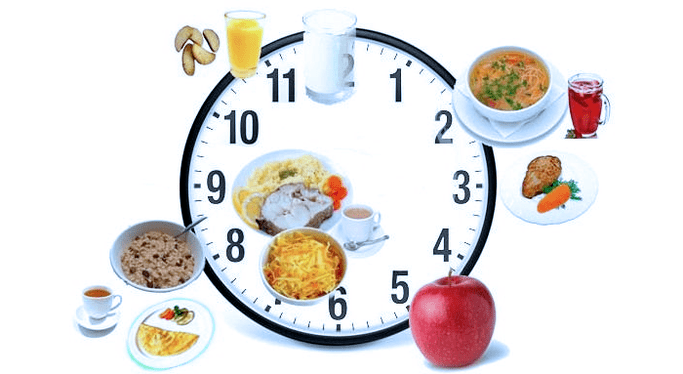
Sunday
- 160 grams of milk porridge from rice, tea;
- 200 grams of fruit jelly, 100 grams of boiled fish;
- curd pudding (not more than 150 grams) with rosehip decoction (150-200 grams);
- a glass of kefir.
Hunger
Fasting is very effective in acute pancreatitis or exacerbation of chronic forms of the disease. It is recommended to adhere to it in the described conditions for 1-3 days, using only plain water during this period.
Fasting is required to unload the gastrointestinal system in general and the pancreas in particular. It is important to consider that during fasting, the use of broths, even low -fat ones, is not allowed.
















